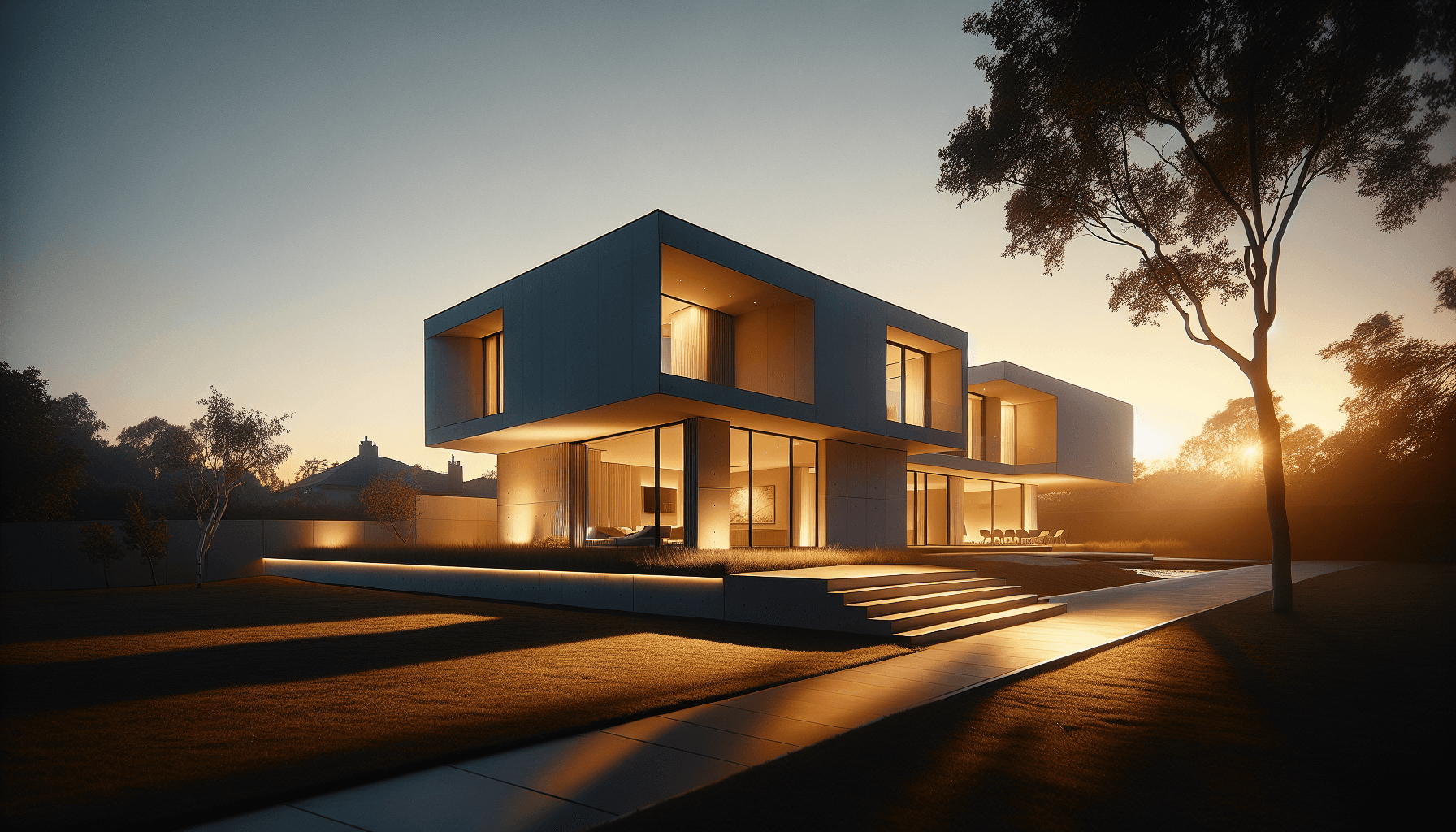What is a fixer upper house and is it worth buying?
I love the charm and potential of old houses that need some TLC. The real estate market has seen a surge in buyers looking for properties they can transform into their dream homes. TV shows make it look easy - buy an old house, knock down a few walls, and voilà! But the reality of purchasing a fixer-upper involves careful consideration and planning.
Fixer Upper: A residential property that needs significant repairs, renovations, or modernization before it can be comfortably lived in or meet current market standards. These homes are typically sold at a lower price point to account for the work needed, making them attractive to buyers willing to invest time and money into improvements.
The Rise of Fixer-Uppers in Today's Real Estate Market
You've probably noticed the explosion of home renovation shows on TV and social media. These programs have sparked interest in transforming outdated properties into stunning homes. The rising cost of move-in ready houses has also pushed many buyers to consider fixer-uppers as an affordable entry point into homeownership.
Understanding Fixer-Upper Properties
These properties come in various states of disrepair. Some common issues I've seen include:
Peeling wallpaper and dated décor
Foundation problems or structural concerns
Old electrical systems
Plumbing issues
Worn-out roofing
Fixer-uppers typically fall into four categories:
Light cosmetic fixes - Think paint, carpet, and minor updates
Moderate renovations - Kitchen remodels, bathroom updates
Complete gut jobs - Down to the studs renovation
Historical renovations - Preserving character while modernizing
The Financial Aspect
Money matters - a lot. The purchase price might look attractive, but you'll need to factor in:
Renovation costs (materials and labor)
Permit fees
Inspection costs
Unexpected repairs
The good news? You can build equity through smart improvements. Many buyers use renovation loans like FHA 203(k) or conventional renovation mortgages to finance both the purchase and improvements.
Is a Fixer-Upper Right for You?
Before jumping in, ask yourself:
Can you handle living in a construction zone?
Do you have the time to manage renovations?
Are your finances ready for unexpected costs?
Where will you stay during major renovations?
Common Pitfalls and How to Avoid Them
I've learned that success with a fixer-upper means avoiding these common mistakes:
Getting a superficial inspection
Skipping permit requirements
Hiring contractors without proper vetting
Starting too many projects at once
The Renovation Process
Start with a thorough home inspection. Create a detailed project list and prioritize repairs. Some projects might need immediate attention (like roof leaks), while others can wait (like updating light fixtures).
Legal and Insurance Considerations
You'll need proper permits for most renovations. Check local building codes and zoning laws. Make sure your homeowner's insurance covers renovation work, and get written contracts from all contractors.
Making the Decision
The pros:
Lower purchase price
Opportunity to build equity
Freedom to customize
The cons:
Renovation stress
Budget overruns
Project delays
Ready to Find Your Fixer-Upper?
Bellhaven Real Estate can help evaluate potential fixer-uppers in your area. Our team knows which properties offer the best renovation potential and can connect you with trusted inspectors and contractors. Schedule a consultation to start your fixer-upper journey today.

